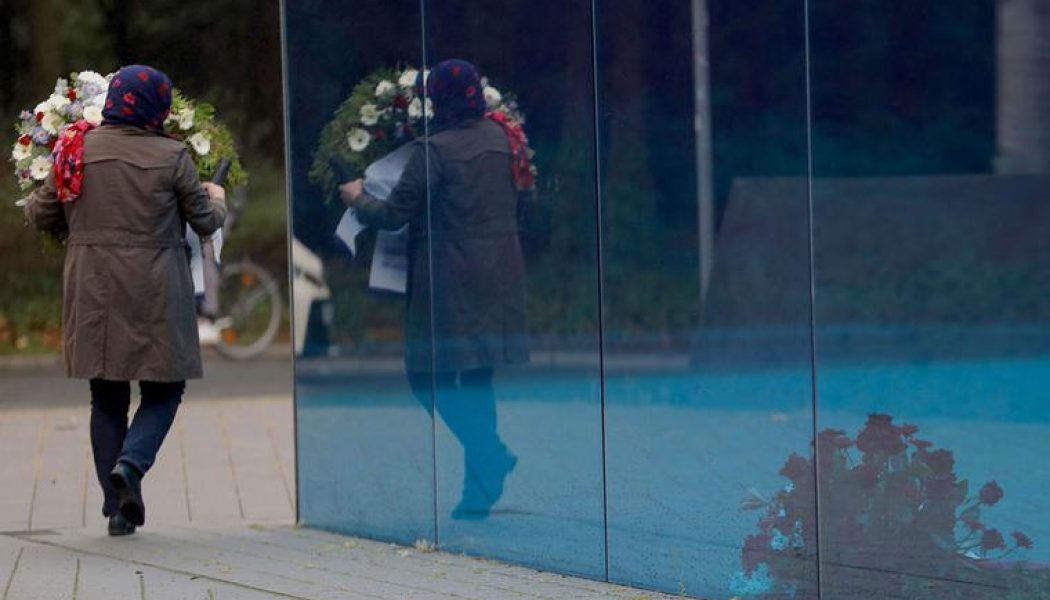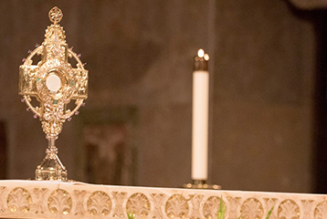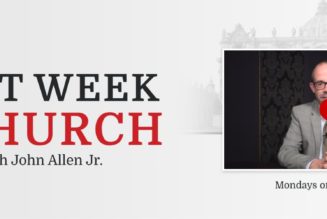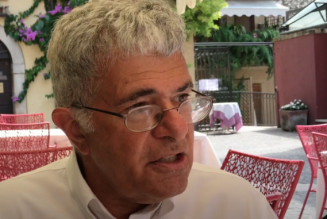
Drawing on these insights, advocates for life have halted assisted suicide for nine consecutive years in Connecticut.
We just defeated assisted suicide again in Connecticut. Other states, like New Mexico, have not been as fortunate. But here in Connecticut, we have crushed it nine years in a row.
Why? What makes Connecticut different? And what lessons can be learned here for the fight in other states?
To be sure, every state is different. Some may have it easier than we do in Connecticut. Others may have it tougher.
Nevertheless, nearly a decade’s worth of experience on this issue has provided us with useful insights for the rest of the country, including some new insights from this year’s battle. Here are nine:
First, do not give up. Do not intimidated. Do not let them get inside your head. You may have lost some elections. Your opposition may have shuffled the deck to stack key committees in their favor. They may have blanketed the airwaves with polls claiming majority support. Some of your own grassroots movement may be prone to discouragement or despair.
Do not be fooled or distracted by any of it. Opposition to assisted suicide takes many forms, some of them not immediately apparent, and runs deeper than people think. Find the weak points in the other side’s strongholds. Buck up your own side. Carry on.
Second, do not be partisan. Other issues break down along the usual ideological lines. This one is different. Left-leaning disability-rights advocates are your strongest asset. Let them lead, particularly with those who may not otherwise be persuadable (at least not by you). Do not hang on to old hurts. Have no forever-enemies. That pro-abortion legislator who likes to quote dissident theologians and cite her Catholic upbringing while voting for gay marriage? She could be your best friend on this. I have seen it happen. The partisan lines on other issues, unfortunately, solidified decades ago. But assisted suicide? Not yet. Ideologically, the issue is wet clay. Make new friends now, wherever you can, before things solidify. Work to make sure that when the ideological wet clay does solidify, it does so to your advantage, not your adversaries.
Third, if the playbook is no longer working, throw out the playbook. Everything I just wrote in my previous point? I have written some version of it in national publications for much of the last decade. But 2021 was different. Disability rights activists, like the rest of the public, had to testify remotely because of COVID-19 restrictions. This time their pleas fell on the deaf ears of a Public Health Committee that had been stacked against us. The Catholic Church and the Family Institute of Connecticut responded by leaning into our traditional strengths. We co-sponsored a rally that combined opposition to assisted suicide with opposition to a bill attacking pro-life pregnancy centers. The rally attracted far more pro-lifers than would have been the case if the issues had been separated. We energized our base of support and they returned to the fight on both issues with renewed vigor.
Fourth, dust off the playbook you just threw out. You will still need it. Our coalition temporarily split apart over the decision to hold a rally combining the anti-assisted suicide cause and an abortion-related issue. Our disability rights allies held a counter-protest against the Catholic Church for yoking the two issues together. Here’s the thing. The decision by our allies at Second Thoughts Connecticut, the disability rights group, to protest the Catholic Church at our rally, actually helped us defeat assisted suicide. It generated more media coverage than the rally would have otherwise received. In particular, it drew attention to the ideological diversity of anti-assisted suicide forces. In a state like Connecticut, that matters. Especially since we could not have defeated the bill without the support of Democrats on the Judiciary Committee, where the bill eventually died. That said…
Fifth, don’t take the Republicans for granted. Three of them went south on us in the Public Health Committee, voting to advance the bill. It’s a mistake to think of Republicans as money in the bank when you are lobbying a cultural issue, especially in a blue state. It’s also a mistake to bury them in endless hostility for falling short of our expectations. People like to be asked; they like to know that they are appreciated; they like it when they are not taken for granted. There is no way we could have stopped assisted suicide in the Judiciary Committee unless every single Republican had stood with us. We should be grateful for their backbone. And we should express that gratitude.
Sixth, explain the big picture to conservatives. Assisted suicide and euthanasia are the biggest forces for the de-Christianization of Western Civilization since same-sex marriage. Other countries are already much farther down this road. A world where human beings are put down like animals is a world where the Imago Dei, that sense of human beings as bearers of the image of God their creator, has been lost. There are reasons why we associate the practice with Nazi Germany. It will be a hell on earth — a charnel house for humanity.
Seventh, explain the big picture to liberals. Believe it or not, liberals need to hear the same message. Not in those exact words. But secular liberals are the bastard children of Christianity. The world did not have hospitals or orphanages until Christ came into the world. An ethic of care for the weak and the poor so deeply suffuses Western civilization that most people are unaware of its origins. When liberals justify abortion or gay rights on grounds of compassion or anti-bullying, they are borrowing categories from that Christian ethic of care for the weak. Their blind spots are obvious to Catholics. But that same cultural heritage, though less obvious, is still there.
Assisted suicide and euthanasia, by contrast, would be a huge ontological leap, beyond even those other causes. It would completely subvert the Western ethic in ways that we only know from the most radically paganized societies — say, ancient Rome, or again, Nazi Germany. That idea that some life is unworthy of life, that certain people — and society at large — would be better off if they were dead. This has already occurred, of course, with abortion. But with assisted suicide and euthanasia, there will be no blinders, no excuses. We will have definitively arrived at the end of the Christian ethic in Western society. Though our liberal allies against assisted suicide would never articulate it in the terms I just did, I think that, at some level, they understand this. I think it is why we have more liberal allies on assisted suicide than on any other issue.
Eighth, explain the little picture too. Assisted suicide is bad public policy that puts vulnerable populations at risk. For them, the right to die could become a duty to die. It dangerously empowers insurance companies who may view it as the cheaper option. It can be abused by your heirs. Even legislators who support the concept will still oppose the bill if they understand that no safeguard can adequately address these risks.
Ninth, begin and end with God. “All glory goes to God,” said the head of the Connecticut Catholic Conference after we won. Never forget that we owe it all to him.
Peter Wolfgang is the executive director of the Family Institute of Connecticut.
Join Our Telegram Group : Salvation & Prosperity









